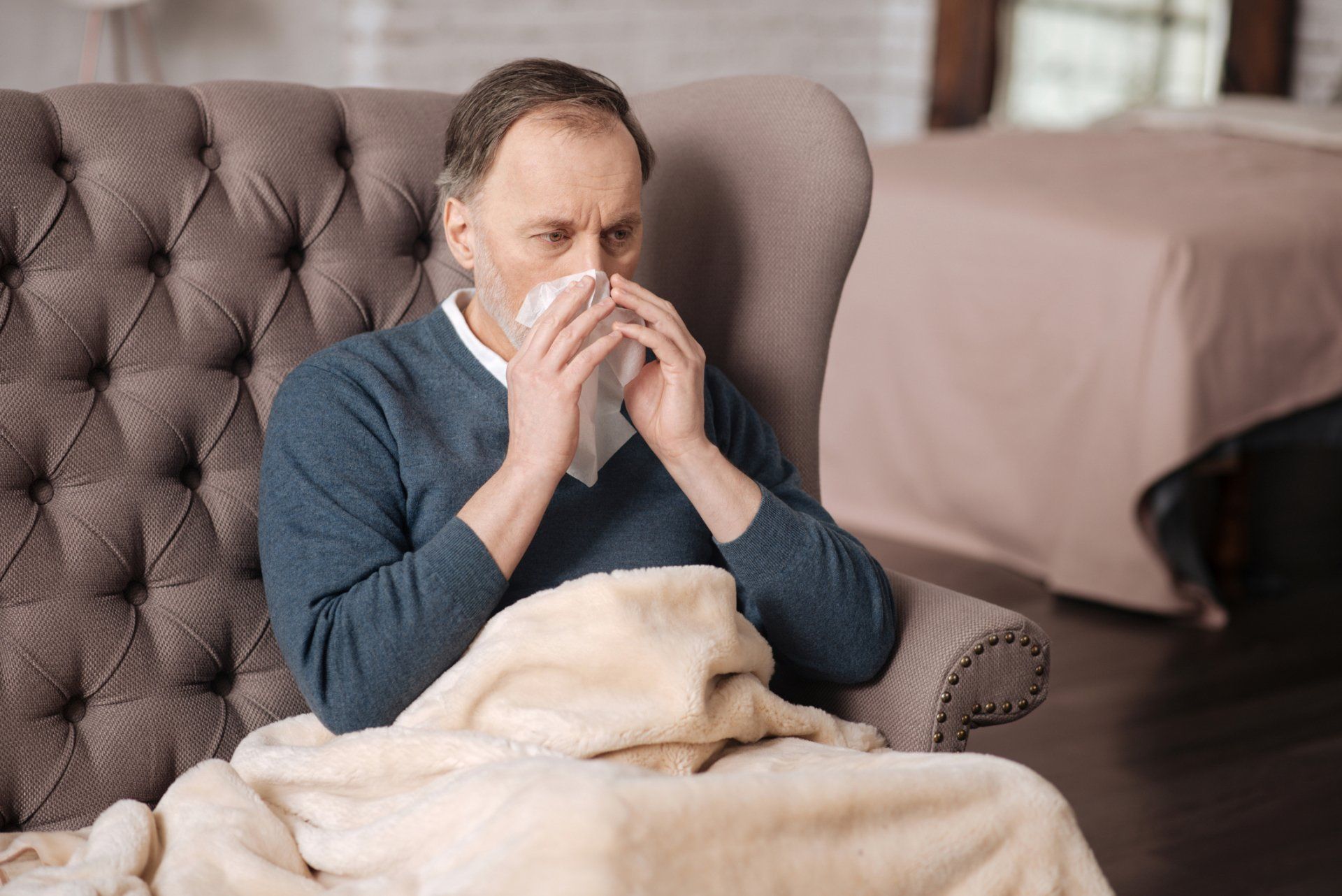Managing Food Allergies in the Workplace
- By Allergic Diagnostic and Treatment Clinic
- •
- 24 Oct, 2018
- •

The results of food allergies can be devastating, even fatal. Anaphylaxis requires quick treatment and know-how from others in the workplace. For this reason, education about allergies is crucial.
If you have food allergies and are trying to navigate these types of problems in the workplace, then you may need some suggestions. This guide will help you create a plan of action for contending with food allergies at work.
Common Food Allergies
Of course, many other food allergies exist. For example, some people are allergic to wheat, whereas others can't eat eggs.
Employers should develop an understanding of these food allergies because they can directly impact employee morale and productivity. When employees have to take days off work to deal with allergies, the business loses.
Common Food Allergy Accommodations for Work
Many people are surprised how much food allergies can impact an individual. You might think of severe food allergies as a type of invisible disability that can have effects at any time.
If you have food allergies, then you should always bring them up right after a new employer hires you. When you discuss allergies with your manager or boss, make sure to be as specific as possible about the circumstances involved.
Training programs and seminars may provide more insight about food allergies in the workplace. In training, employers can bring up specific examples and educate employers about how to avoid causing an incident.
Signage can also educate employees about food allergies. For example, posters hanging in the office kitchen can tell employees what to do if somebody exhibits signs of anaphylaxis.
In cases of extreme allergies, a workplace may set aside utensils and dishes that individuals with food allergies can use to avoid potential contaminants.
Managers and employers can also request that all individuals working in the facility label food clearly, marking any potentially hazardous ingredients on the outside of a container.
When individuals do not adhere to established guidelines, employers can take disciplinary action if necessary.
Common Ways to Make Your Workplace Safe
If you are going out with a group of co-workers or you are having a luncheon at the office, then you should address severe allergies early on. If you are unable to go to specific restaurants, then let the group know that this food is dangerous to you.
Mistakes can happen. Make sure that you have epinephrine on hand if you need it. Before going to lunch, you can also instruct your co-workers on how they can use the epinephrine during an emergency.
The Allergic Diagnostic & Treatment Clinic offers treatment for all types of allergies. If you suspect that you have food allergies, then you should be tested right away. Call today to set up an appointment.




As many as 40 percent of children in the United States are allergic to something. While most allergies are mild, some can be severe and may prove to be life-threatening. Typically, children develop allergies within their first two years of life. What you do during those vital first few months plays a huge role in allergy development.
Exposing your children to certain substances may even help your child avoid allergic reactions later in life. Following are five ways you can keep your child from developing allergies.






